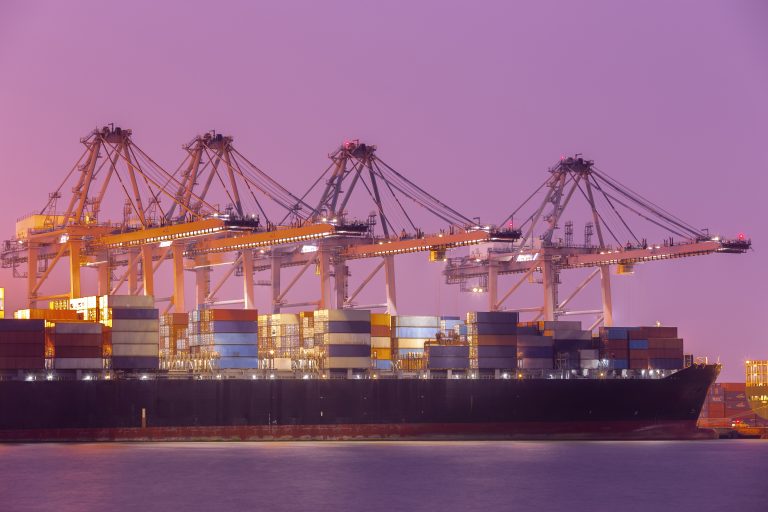Between February and September 2022, Russia’s share of extra-EU imports declined from 6.4% to 3.8%. Photo credit: Freepik.
Brno, 31 Jan (BD) – EU trade with Russia has been strongly affected following Russia’s invasion of Ukraine, with the EU imposing import and export restrictions on several products. The effects of these measures have been particularly visible in the latest months.
Between February 2022 and September 2022, Russia’s share of extra-EU imports declined from 6.4% to 3.8%, according to Eurostat. During the same timeframe, extra-EU exports to Russia dropped from 2.3% to 1.1%. The EU’s trade balance with Russia peaked at €19.6 billion in March 2022, before decreasing progressively, ending at €9.7 billion in September 2022.
Taking a closer look at Russia’s share of extra-EU imports for six key products, a sharp decline can be observed in coal, natural gas, petroleum oil, fertilisers, iron, and steel, while only nickel increased slightly as a share of the total.
Trade in fossil fuels with Russia, a major producer, is gradually being wound down; eventually, Russia will no longer be able to export coal or oil to the European Union. According to the data from Eurostat, the sharpest decreases have been reported for coal (from 45% in 2021 to 13% in the third quarter of 2022), natural gas (from 36% to 18%), fertilisers (from 29% to 17%), and iron and steel (from 16% to 5%).
In the other direction, the EU has prohibited the export of hundreds of items to Russia, ranging from high-tech military equipment to semiconductors that could be used by Russia’s military, as well as handbags and clothes.









